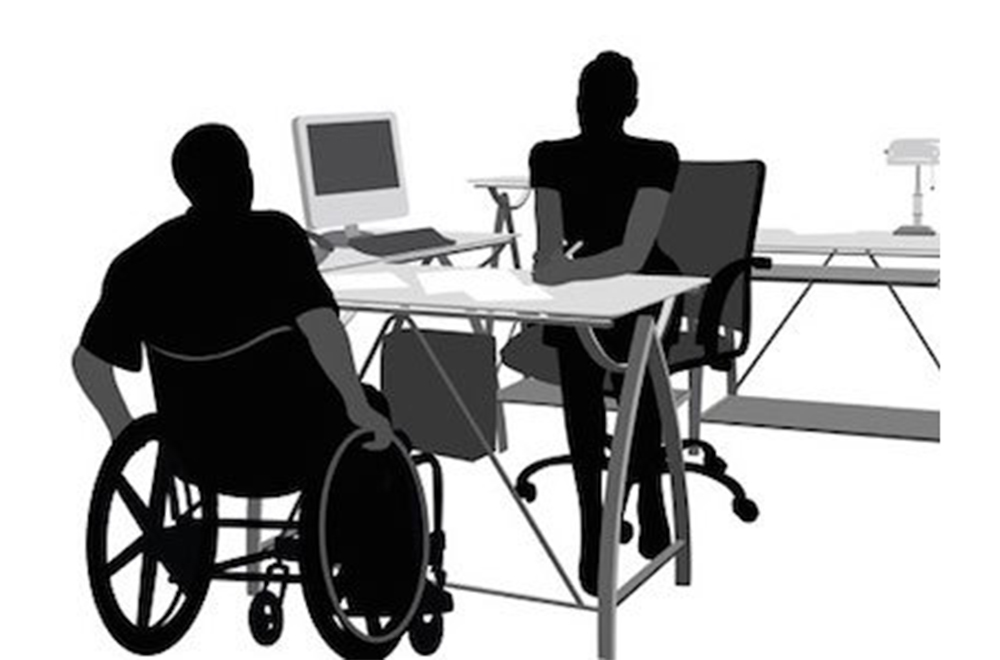Findings from a new report found that client-facing workers, such as disability support and aged care workers, experienced less autonomy in their jobs, poorer relationships at work and higher levels of burnout than the average worker.
Also, that younger workers aged 16 to 24 were more likely to experience higher rates of poor mental health compared to all other age groups, while permanent full-time employees experienced the highest level of work demands compared to casual workers.
Released as part of the Design for Care consortium, the report involved research from the University of Sydney in collaboration with Curtin University and funded by Insurance and Care NSW (icare).
It surveyed 1,300 healthcare and social assistance workers over an 18-month period, intended to better understand whether SMART (Stimulating, Mastery, Agency, Relational, Tolerable) work design strategies could improve employee job satisfaction, mental health and wellbeing.
University of Sydney Business School Head of Work and Organisational Studies, Associate Professor Anya Johnson said the report is critical for identifying the causes of poor mental health of those who care for the most vulnerable in society.
“We need to be acting now to design smarter work if we want a sustainable caring workforce in the future,” she said. “It’s important to adopt a holistic approach to redesigning work, as changing one aspect of a job will influence others. That’s why we are evidence-based and data-informed in the work redesign projects we want to pilot with Australian employers. There is no one size fits all solution.”
Project lead Professor Sharon Parker, from Curtin University Future of Work Institute, said the report highlighted the urgent need to drive innovation with work design tools across the healthcare and social assistance industry in NSW.
“Individuals with high SMART work design, compared to those with moderate or low SMART work design, report lower levels of burnout and mental ill-health, lower intention to leave, and higher job satisfaction,” she said. “Redesigning work involves changing systems, roles and tasks in a way that improves the wellbeing and mental health of employees.”
According to icare group executive Mary Maini, the long-term project will give employers new strategies to address rising mental health pressure in the private health care sector. “Early adopters of SMART work design tell us it improves the recruitment and retention of a highly motivated and engaged workforce. Building a more mentally healthy workplace can also help solve operational problems that many employers face,” she said.
The latest set of insights and learnings from Design for Care are freely available to industry groups and employers, aligned with a long-term goal to deliver work design interventions and resources to half a million health and social assistance workers in NSW covered by public insurer icare.

